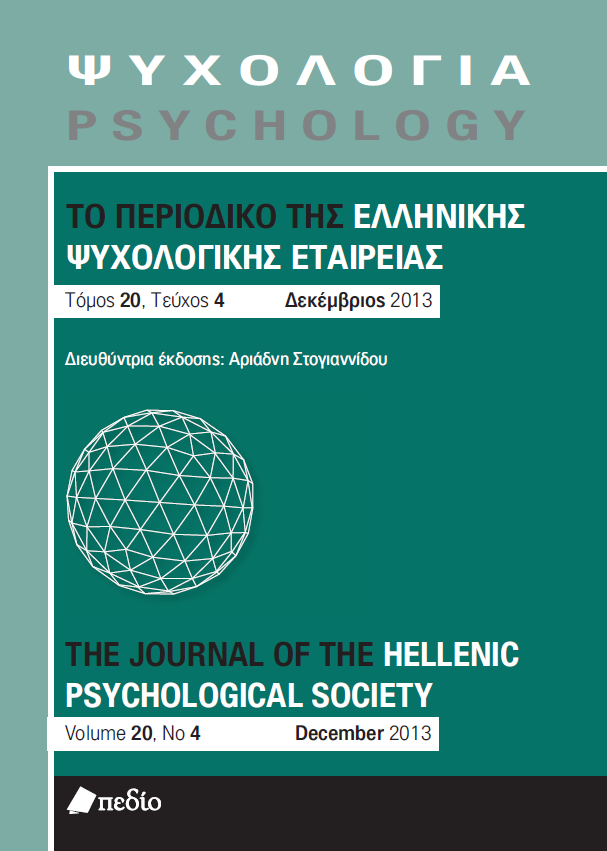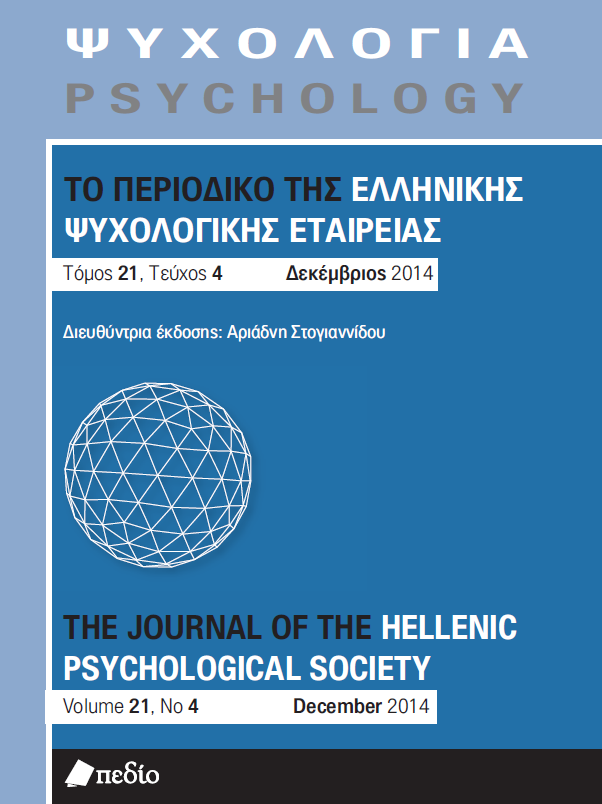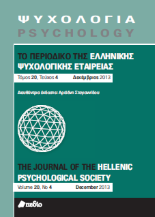Quality of life and mental health of mothers of children within the autism spectrum: A research review

Abstract
The present paper is a critical review of a representative corpus of studies extending from the ’70s until today, that examine the quality of life and mental health of parents, and especially mothers who raise at least one child with autism. This review aims at identifying the factors influencing mental health and perceived quality of life of parents with
children within the autistic spectrum, drawing on the theoretical model of quality of life developed by Zissi & Barry (2006). This theoretical model posits that quality of life is associated with a variety of factors such as; a), objective living conditions that relate to family socio-economic status and its type, the severity of autism, and the access to therapeutic services, and b) socio-psychological processes that relate to the different explanatory models, the hardiness, the general life outlook and the quality of ties. This model predicts that socio-psychological processes mediate the relationship between objective living conditions, mental health and subjective evaluations of quality of life.
Article Details
- How to Cite
-
Ζήση Α., & Μαυροπούλου Σ. (2020). Quality of life and mental health of mothers of children within the autism spectrum: A research review. Psychology: The Journal of the Hellenic Psychological Society, 20(4), 413–428. https://doi.org/10.12681/psy_hps.23600
- Issue
- Vol. 20 No. 4 (2013)
- Section
- THEORETICAL REVIEWS

This work is licensed under a Creative Commons Attribution-ShareAlike 4.0 International License.
The journal PSYCHOLOGY adopts a Platinum open-access policy. Submission, processing or publication costs are waived by the Hellenic Psychological Society. Papers published in the journal PSYCHOLOGY are licensed under a 'Creative Commons Attribution-ShareAlike 4.0 International' licence. The authors reserve the copyright of their work and grant the journal the right of its first publication. Third-party licensees are allowed to use the published paper immediately after publication as they wish, provided they retain the defined by the license copyright formalities, regarding the reference to its author(s) and its initial publication in the journal PSYCHOLOGY. Moreover, any adjusted work should be shared under the same reuse rights, so with the same CC license.









